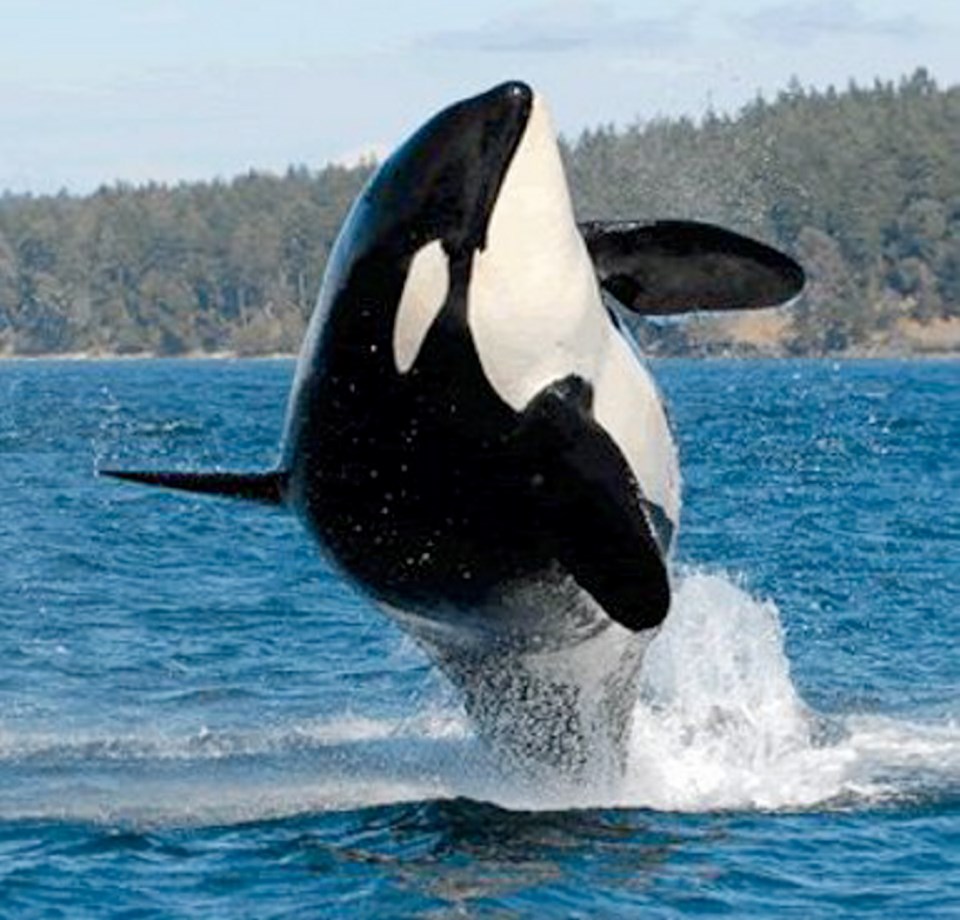A killer whale found dead on the Scottish island of Tiree had one of the highest levels of PCB pollution ever recorded, scientists say.
Lulu, well known to researchers as one of the last surviving whales in the waters around Britain, died after becoming entangled in fishing rope in January 2016. The Scottish Marine Animal Stranding Scheme and the University of Aberdeen conducted an in-depth investigation of Lulu’s corpse and were shocked by the findings. The headline on its website called the killer whale the “most contaminated on the planet.”
Veterinary pathologist Andrew Brownlow said studies have shown that killer whale populations can have very high levels of polychlorinated biphenyls (PCB).
“The levels in this case are some of the highest we’ve ever seen,” he said. “We know Lulu died from becoming entangled, but, given what is known about the toxic effects of PCBs, we have to consider [the contamination] could have been affecting her health and reproductive fitness.”
Analysis of Lulu’s blubber revealed PCB concentrations 100 times higher than the accepted toxicity threshold for marine mammals, the stranding scheme reports. High PCB levels are linked to poor health, impaired immune function, increased susceptibility to cancers and infertility.
Once PCBs get into the marine environment, they accumulate through food chains and are difficult if not impossible to remove, Brownlow said.
The investigation revealed that Lulu was at least 20 years old but apparently never reproduced, despite being much older than the average age for maturity in killer whales. Brownlow called Lulu’s apparent infertility an ominous warning and said it is “increasingly likely that this small group will eventually go extinct.” Lulu lived in a pod of about eight whales.
PCBs were banned in the U.S. in 1979. From the 1920s until their ban, an estimated 1.5 billion pounds of PCBs were made for things such as microscope oils, electrical insulators, capacitors, and electric appliances such as television sets or refrigerators, the U.S. National Ocean Service says. PCBs were also sprayed on dirt roads to keep the dust down. Traces of PCBs have been detected in people and animals around the world.
Lulu’s skeleton is preserved at National Museums Scotland.



